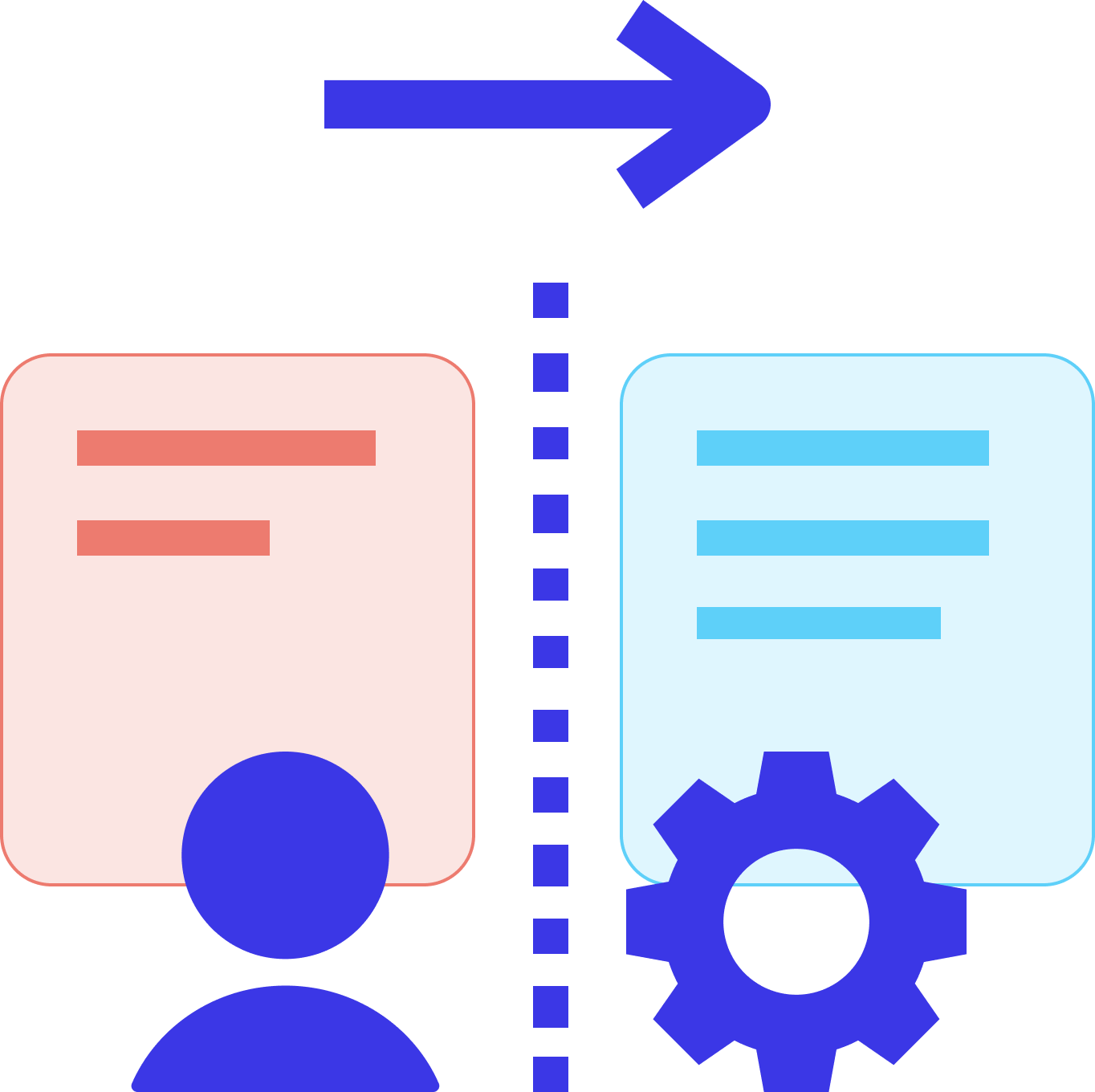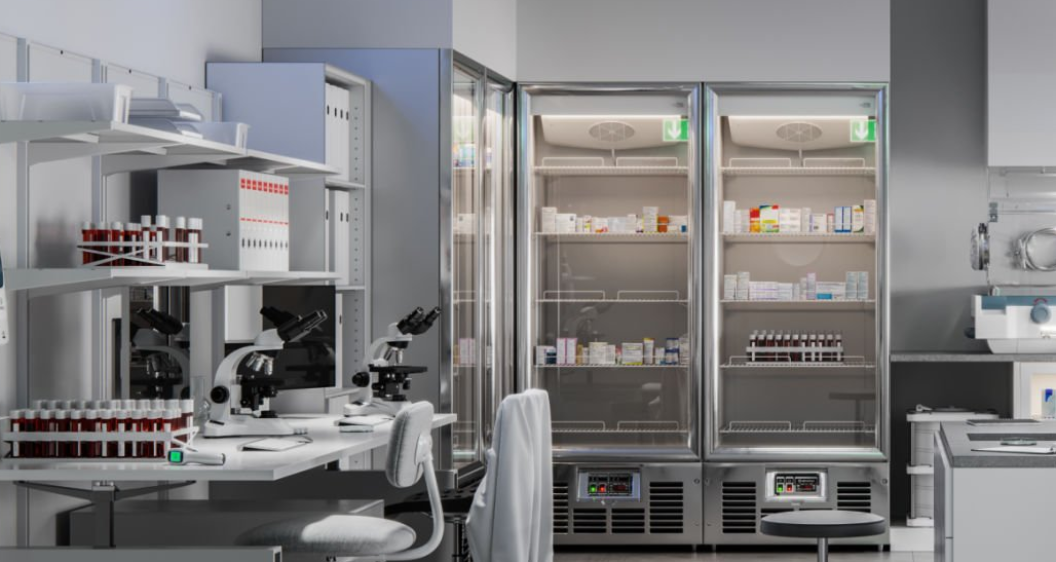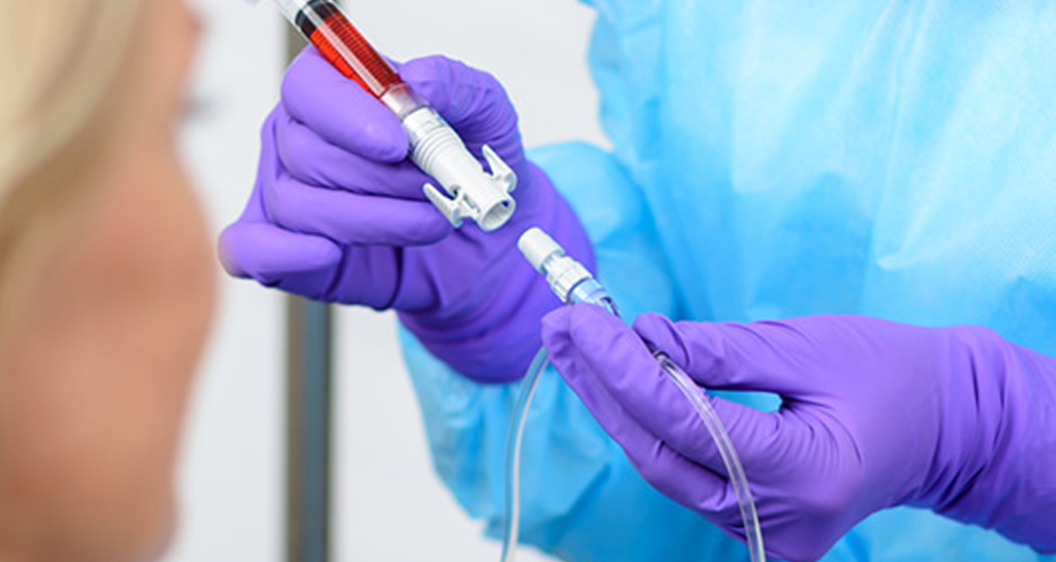- Increase revenue by automating billing and claims processes.
- Ensure compliance with industry regulations and standards.
- Enhance collaboration and communication among healthcare professionals.
- Improve data security by providing a centralized and secure platform for storing and managing sensitive patient information.
- Enhance patient engagement by providing self-service portals and mobile applications for appointment scheduling, accessing medical records, and paying bills.
- Facilitate data-driven decision-making by providing real-time insights and analytics on key performance indicators such as patient satisfaction, resource utilization, and financial performance.
Elevate patient care
Priority’s comprehensive Healthcare ERP solution streamlines operations, boosts service quality, and keeps you compliant with industry standards and regulations. With a real-time view of your core business operations through various reports and analyses, you can integrate company-wide management processes and significantly improve customer service and engagement.
Hands-on control for a healthy business
Priority’s healthcare ERP solution helps you every step of the way, from appointment scheduling, to updating patient records in the field from a mobile device, to purchasing, invoicing and accounting, all the way to back-end processes, inventory and logistics – you are in control.

Information at your fingertips, when it’s needed the most
Healthcare ERP Key Features
Patient Case Management
Improve the quality of care and the patient experience by optimizing and automating patient record management and Electronic Medical Records (EMRs), including medical history, doctor visits, charting, diagnoses, treatment planning, medical records, lab reports, and medical billing, via customized services tools – all on a single platform.
Integrated Financials & Cost Control
Maintain full accountability of your business operations with tight control of financial activities, to help streamline processes and execute and monitor patient payments and debt collection. Benefit from real-time access/view of financial statements, such as a clinic’s balance sheets and statements of revenues and expenses, so that you can make better-informed management decisions.
Patient & Clinical Treatment Tracking
Track and manage your patients’ treatment plans, clinical treatments, and medical procedures via a fully integrated system, to maintain profitability, improve operational control, and enhance the patient experience with easy access to data, including system alerts and notifications, when certain diagnostic conditions are met.
Purchase Planning & Costing
A cost-effective way to manage your clinic’s inventory levels of medical supplies and operational equipment, including treatment and procedure costs. Comprehensive purchase planning and management tools will help you to streamline and simplify your entire supply chain, and save on valuable time, resources, and costs.
Report Generation
Generate a wide range of automated reports based on real-time business and patient data, according to clinic, department, medical team, or individual patient. Benefit from advanced reporting and analytics, all easily viewed and accessed from a central dashboard, to help you make better-informed business decisions in real-time.
Healthcare ERP Case Studies
Healthcare ERP FAQ’s
How is ERP used in Healthcare?
ERP helps healthcare organizations manage and optimize their core business processes, such as patient records, billing, supply chain management, and human resources. ERP systems provide a single platform for storing and managing data, automating workflows, and generating real-time insights and analytics.
What are the advantages of using an ERP for Healthcare?
Some advantages of using an ERP for healthcare organizations include:
• Streamlined clinical and administrative workflows
• Improved patient care through easy access to accurate patient information
• Increased revenue through automated billing and claims processes
• Reduced costs through optimized supply chain management and inventory control
• Ensured compliance with industry regulations and standards
• Enhanced collaboration and communication among healthcare professionals
What modules are usually used in Healthcare?
Some common modules used in healthcare ERP systems include:
• Patient records and Electronic Medical Records (EMRs)
• Appointment scheduling and patient portals
• Medical billing and claims management
• Supply chain and inventory management
• Human resources and payroll
• Financial management and accounting
How does an ERP system improve patient care in Healthcare?
An ERP system can improve patient care in healthcare organizations by providing quick and easy access to accurate patient information, streamlining clinical workflows, automating billing and claims processes, and enabling real-time communication and collaboration among healthcare professionals. With an ERP system, healthcare organizations can deliver higher-quality care to their patients by reducing errors, ensuring compliance with industry regulations, and optimizing resource utilization.
Why should I use an ERP for my Healthcare organization?
Implementing an ERP system can help healthcare organizations streamline their operations, reduce errors and costs, improve patient care, and ensure compliance with industry regulations. ERP systems provide a centralized and secure platform for storing and managing data, as well as customizable tools for adapting to specific organizational needs.











